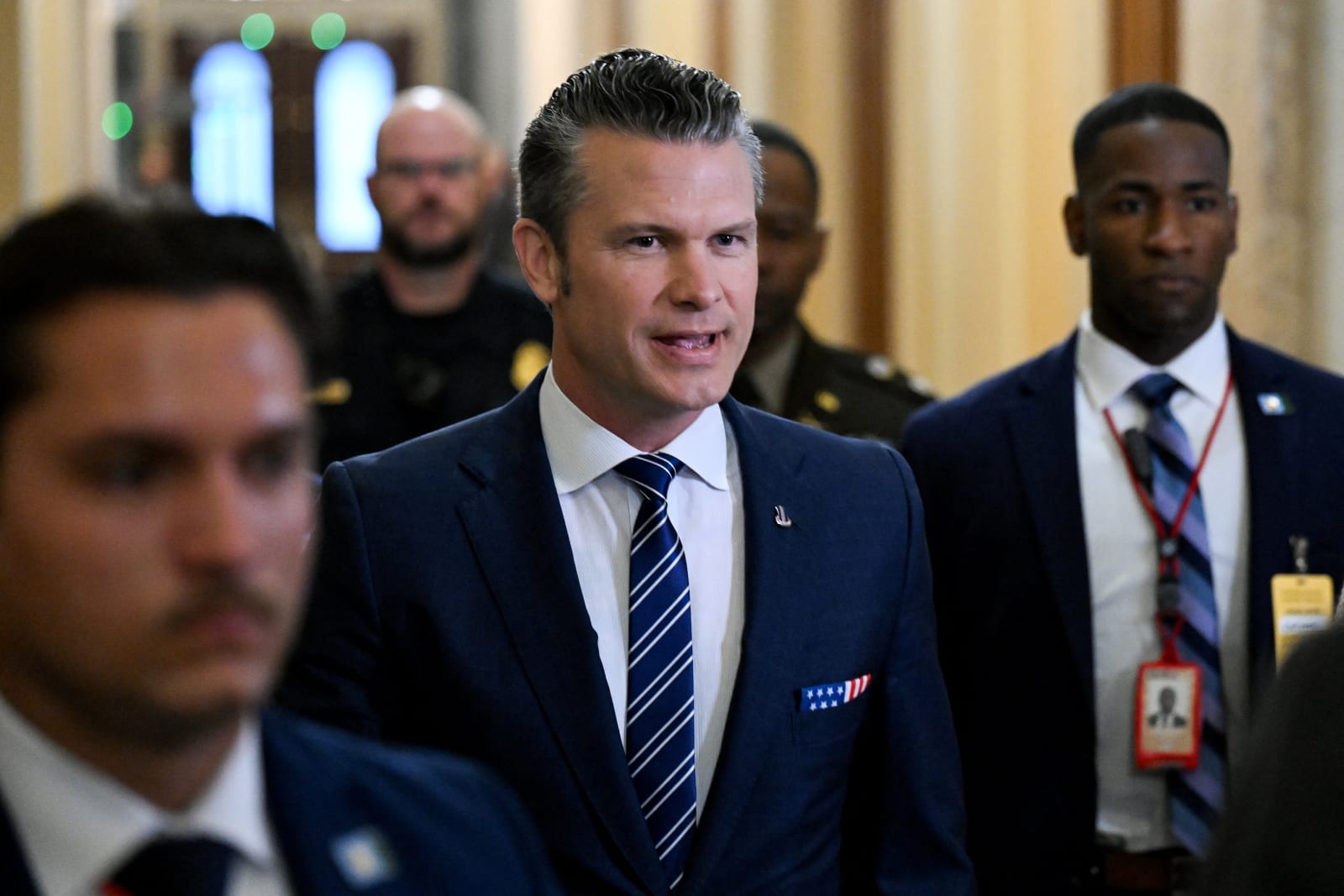Unusual Decision Sparks Concerns Over Military Policy Coordination
A recent decision by the U.S. Defense Secretary, Pete Hegseth, has raised questions about internal coordination within the federal government, particularly regarding military aid to Ukraine. According to reports, Hegseth reportedly halted the shipment of weapons to Ukraine without prior consultation with the White House, leading to a sudden and urgent response from various government agencies.
This unexpected move created a sense of urgency among officials who had to quickly determine the rationale behind the pause. The situation also required immediate communication with both Congress and the Ukrainian government to ensure transparency and clarity about the status of ongoing military support.
President Donald Trump, when asked about the decision during a Cabinet meeting, did not directly confirm his involvement. Instead, he stated that the United States would continue providing defensive arms to Ukraine. When pressed further on who had approved the suspension, Trump responded with a question of his own: “I don’t know, why don’t you tell me?”
The incident has highlighted concerns about the administration’s approach to policy-making, especially within the Pentagon under Hegseth’s leadership. Officials have described the process as chaotic, with decisions being made unilaterally rather than through a coordinated effort. This is not the first time Hegseth has taken such an action; earlier this year, he also suspended arms deliveries to Ukraine, which was later reversed.
The recent pause in shipments was followed by a reversal, with Trump publicly stating that the transfer of weapons would resume. However, this development came despite Hegseth’s initial approval of the hold-up. The lack of communication between key officials, including U.S. Special Envoy to Ukraine Ret. Gen. Keith Kellogg and National Security Advisor/Secretary of State Marco Rubio, has added to the confusion surrounding the decision.
Pentagon spokesperson Kingsley Wilson addressed the matter, stating that Hegseth provided a framework for the President to evaluate military aid shipments and assess existing stockpiles. He emphasized that the decision was part of a “coordinated” effort involving multiple federal agencies. Wilson explained that Hegseth had established a structure for reviewing arms transfers and inventory levels, ensuring that all support aligns with national interests.
When questioned about whether Hegseth had informed the White House before implementing the pause, White House press secretary Karoline Leavitt stated that the Pentagon had conducted a comprehensive review to ensure that all foreign aid aligned with American interests. She reiterated that Trump has decided to continue providing defensive weapons to Ukraine, emphasizing his confidence in the Secretary of Defense despite the controversy.
Ongoing Challenges Within the Pentagon
This incident is part of a larger pattern of challenges within the Pentagon, where internal disagreements and lack of communication have led to significant disruptions. Reports indicate that several top Pentagon staffers have been fired due to the chaos surrounding Hegseth’s leadership. These actions have contributed to a breakdown in trust among senior officials, raising concerns about the stability and effectiveness of the department.
In addition to the recent weapon shipment issue, there have been other incidents that have drawn attention. One such event involved allegations of an “illegal warrantless wiretap” scandal, further complicating the already tense environment within the Pentagon. Another report suggested that Trump became frustrated with Hegseth after he invited Elon Musk to the Pentagon, calling the situation “crazy and stupid.”
These events have sparked discussions about the need for greater oversight and improved communication within the administration. As the situation continues to unfold, it remains to be seen how these challenges will be addressed and what impact they may have on future military policies and international relations.







